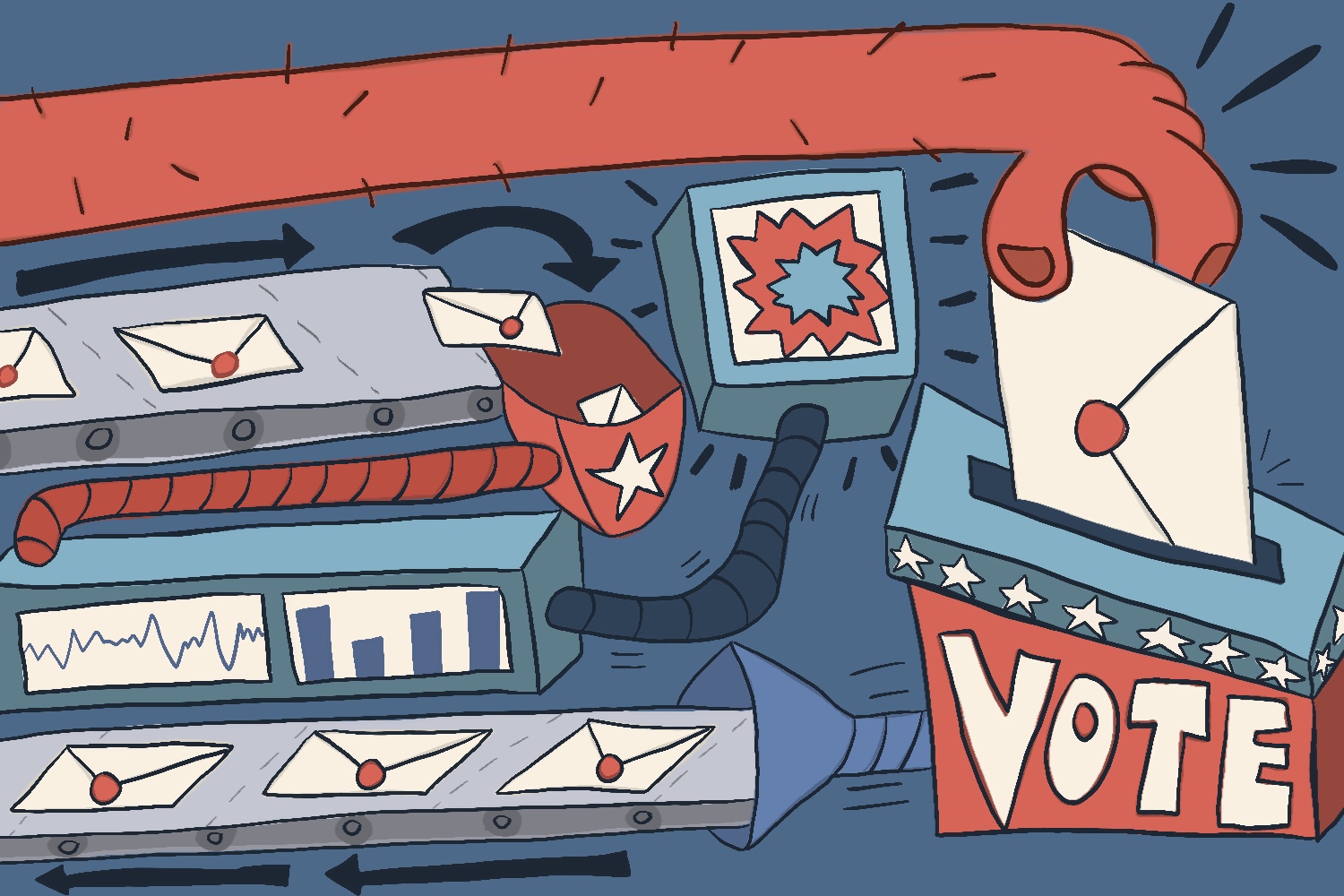?A UVM biology professor played a key role in solving a 60-year-old medical mystery relating to the blood type ?Vel-negative.?In the 1950s, doctors reported some patients rejecting blood transfusions because of a molecule in the patients? red blood cells. Today, about 200,000 people in Europe and North America have the blood type that doesn?t make the Small Integral Membrane Protein (SMIM1). Every year, two or three individuals in France and two to four in America need this rare blood, professor Bryan Ballif said.This unknown molecule remained a mystery until Ballif and his colleague Dr. Lionel Arnaud discovered SMIM1, which causes people with the Vel-blood type to reject certain types of blood.?I am fascinated by how proteins function to govern all aspects biological systems,? he said.?[The] project was immediately interesting to me, as it was one where I saw the potential for an important, immediate impact in the field of blood transfusion.?The project has been in the works for about four years, Ballif said. In 2012, he began collaborating with Arnaud to identify the unknown molecule using an instrument called a mass spectrometer that allows scientists to weigh and break down a molecule to determine its identity, Ballif said.?It?s a ?Humpty Dumpty? approach,? he said. ?Humpty Dumpty breaks in a diagnostic manner, and then you put the pieces back together and you can figure out what it is.??It?s like a word puzzle, where a protein has maybe 600 letters, and then someone gives you six of those and says ?What is the identity??? he said.The scientists were then able to search in a protein database to find the particular amino acid sequence that matched their molecule, Ballif said. The results told Ballif that the protein could be SMIM1.?At the time, it was actually a theoretical protein– it wasn?t even known to be a protein,? he said.In the past, the blood type was identifiable when patients? bodies rejected blood transfusions. Now, scientists can look for the SMIM1 protein to identify the blood type, making it easier to match blood donors with recipients, Ballif said.?If you can?t give them the blood, people can die- and they have died,? Ballif said. ?It becomes a very stressful situation every time a patient needs this rare blood.??Now we can identify this rare blood in a very short period of time with very little trouble, even in the blood that?s available to these people in all of the hospitals and clinics,? he said. ?Now they don?t have to call up France or Germany to get this rare blood.?Although this research is useful to only a handful of people in the world, Ballif said he thinks their findings are still significant. ?We are in an age of what we call ?personalized medicine??that is an age where we do our best to treat individuals, not just 60 or 90 percent of the population,? he said. Ballif said that solving these rare mysteries involved in blood or organ rejection may ultimately provide significant medical assistance to those rare individuals who reject transfusions or transplants.?I take great comfort that their lives could either be significantly less challenged, or in some cases saved, by the research I am pursuing with my collaborators,? he said.?When you get a transfusion, you?re not going to say ?okay, take two weeks to figure out my problem,? you?ll want it right then,? he said. ?Now, two hours is enough time to be able to save someone?s life if they?re needing this immediate transfusion.?Additionally, he said that the transfusion work inspired him to start a new project at UVM that involves identifying proteins responsible for organ transplant rejection. ?I have begun this study in collaboration with Dr. Antonio Di Carlo in UVM?s Department of Surgery and together we were recently selected for funding by a UVM REACH grant,? he said. Sophomore Rachael Bassett said she thinks the discovery has made a great impact on UVM and the world of medicine. ?If you can discover something applicable and advantageous to modern medicine, you can impact millions,? Bassett said.












